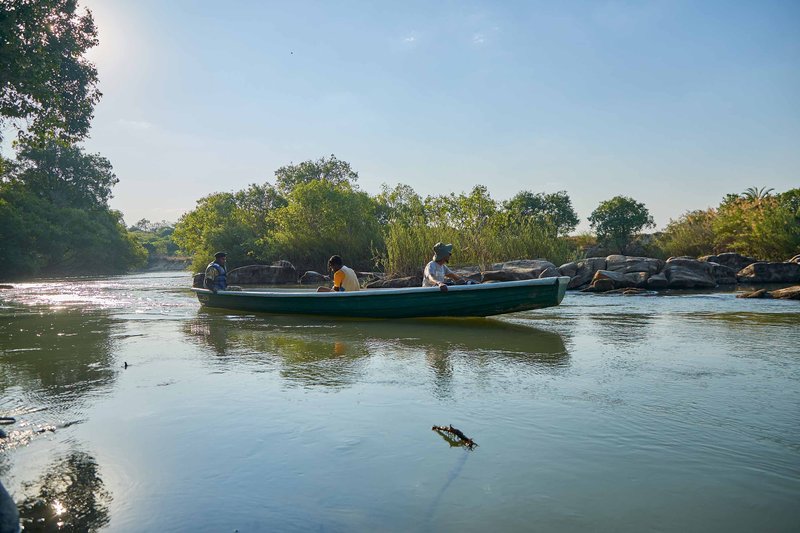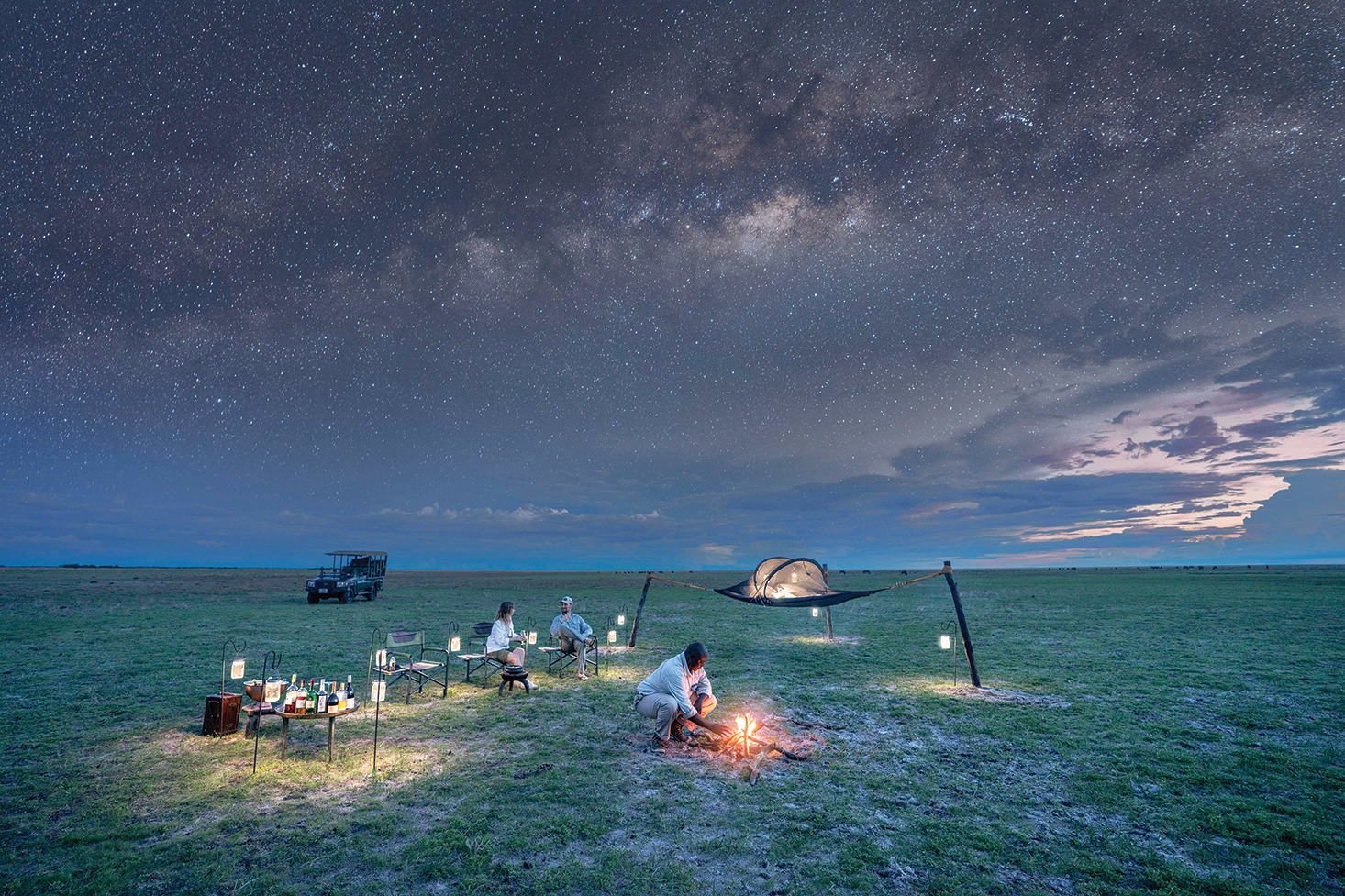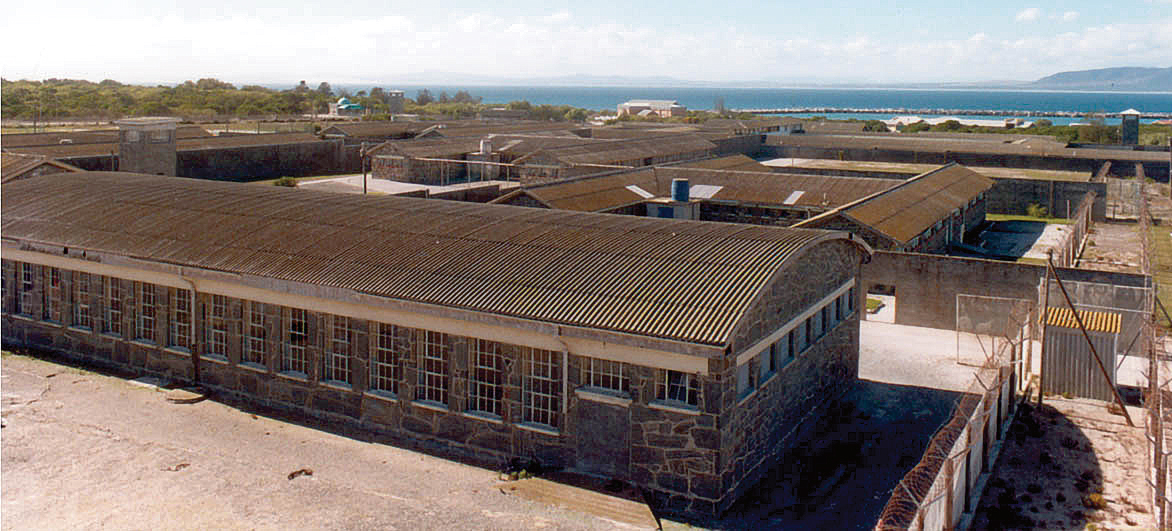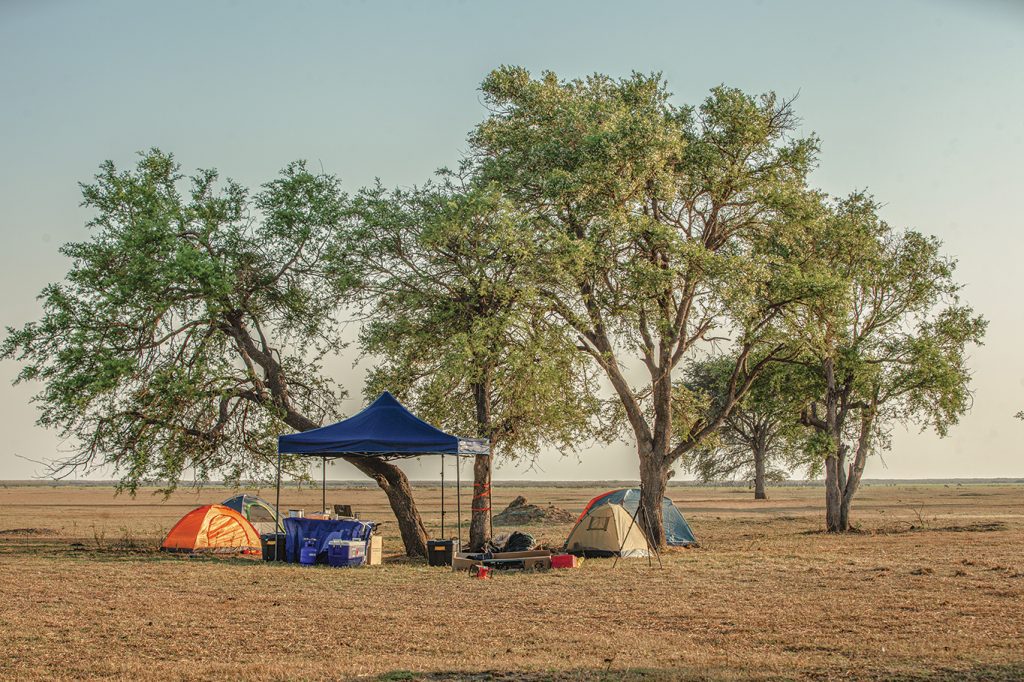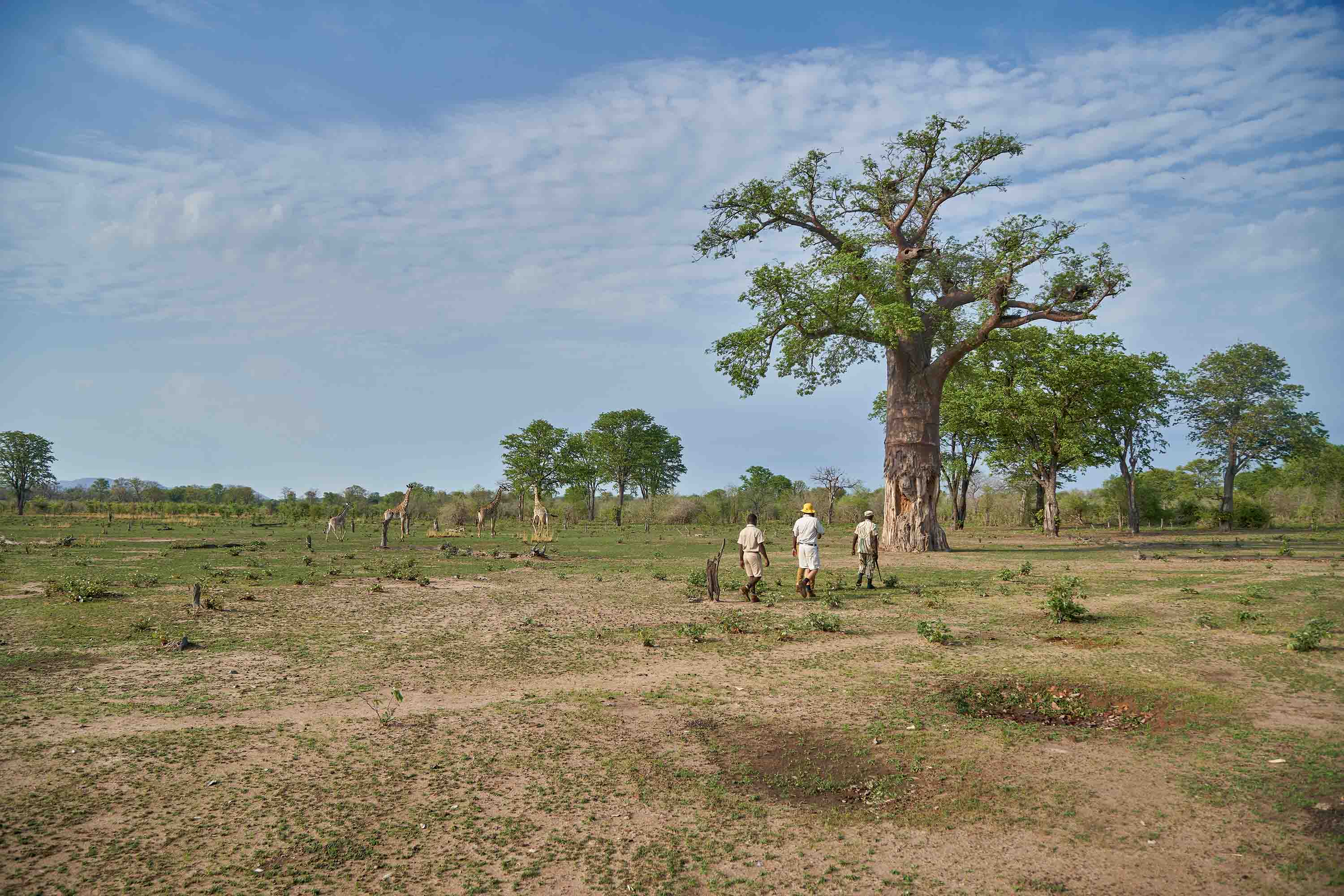In recent times, a few lodges in Zambia have moved away from open camping in favour of community-owned camps. This mode of tourism is referred to as community-based tourism (CBT). Community-based tourism can be incredibly beneficial for local communities because it is a form of tourism where local communities have a say in how revenue generated from tourism within their communities is spent.
The founder of Responsible Travel, Justin Francis, credits a visit to South Luangwa National Park as what led to the genesis of his company. During his visit, he was told that the locals had seen many tourists driving past and wanted to invite them to stay. Francis says he was taken aback by the form of CBT he encountered there - all ownership, profit, and decision-making belonged to the community.
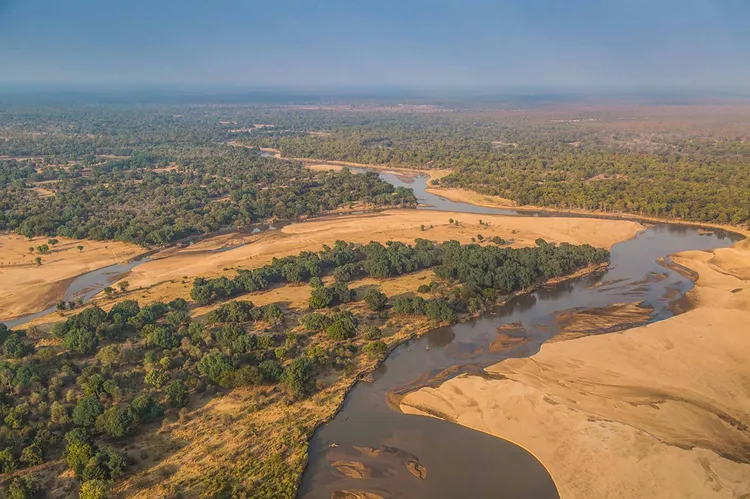
Similar to the community Francis encountered, the Kafunfula Community Camp is an initiative where all proceeds are directed toward the development of the community. The camp is an initiative under the West Lunga Conservation Project, which amongst other things, seeks to positively impact local communities within their conservation initiatives. The camp has facilities such as bicycle and hiking trails, boat launch, flushing toilets and hot showers, and access to Ntambu Community Game Reserve. All revenue generated from the camp is spent on camp operations, conservation and the improvement of locals of the Ifumba and Wamafwaha communities of Musele Chiefdom. As evidenced by the Kafunfula Community Camp initiative, community-based tourism could encourage sustainable tourism practices because members of a community are likely to be long-term residents with a vested interest in preserving their homes. It is much more likely that the custodians of a community will push for profit-generating tourism efforts in tandem with the conservation of their environment and culture, in comparison to an outside party.
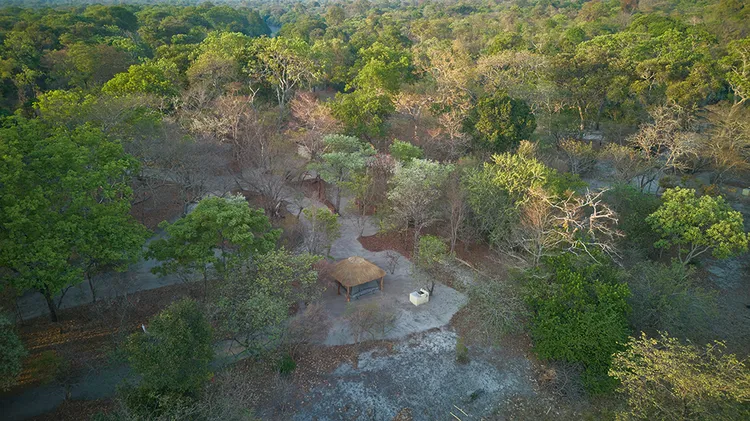

This balance of community preservation and revenue generation can also be discerned from the management of The Kamukonzo Campsite. The management of the campsite is overseen by the Community Resource Board of the Chitungulu Chiefdom who is responsible for staff management, finance and maintenance. All of the income generated from the enterprise is invested in the community and covers costs associated with the business. A percentage of the revenue is also allocated to a development fund. The Kamukonzo Campsite was founded following a 2018 initiative by the Caring for Conservation Fund and Luambe Camp and Conservation. In efforts to foster community collaboration, Luambe Camp ceased camping operations and handed the business over to the community, ensuring that all revenue generated through camping activities went directly to the Chitungulu community. The community is located north of Luambe Camp and is only 30 minutes away by car. It is well positioned, sitting directly adjacent to the national park boundary. This allows the Chitungulu community to draw from the income generated from self-driving tourists annually. The Kamukonzo Campsite retains a close relationship with the Caring for Conservation Fund, with the fund providing crucial support such as salaries during the rainy season when the site is not accessible to tourists. Furthermore, the fund has contributed investments in the campsite, which include boreholes, pumps and bathroom facilities. This is of mutual benefit to the visitors, whose experience is enhanced and the community, whose development occurs sustainably.
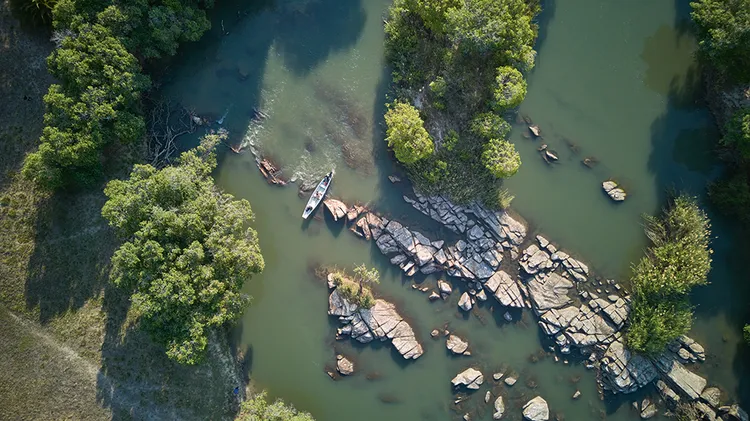
However, this form of tourism is not without critique. Others have argued that this form of tourism could lead to the exoticisation of locals, given that this form of tourism often consists of tourists in the Global North visiting (often impoverished) communities in the Global South. Furthermore, community-based tourism isn’t always community-owned; casting doubts on the extent of the community’s influence on revenue generated. Regardless of its possible pitfalls, this form of tourism puts power in the hands of local communities. For example, the revenue generated from the Kafunfula Community Camp facilitated the building of Kashikuwe Community School, ablution blocks for teachers and pupils and covers the salary of a teacher. This will undoubtedly improve the lives of locals within the community. Community-based tourism encourages engagement between local communities and outside parties and refining this approach can ensure that tourism develops sustainably - to the benefit of local communities.
